
There are almost limitless ways to lose money in the financial markets and if you know some of the biggest offenders then if can prevent you from making those wrong moves.

There are almost limitless ways to lose money in the financial markets and if you know some of the biggest offenders then if can prevent you from making those wrong moves.

Four ways investors have lost money and missed opportunities even in the midst of this current bull market, from investing emotionally to letting themselves get spooked.

It's only when an investor truly sees himself and recognizes what he's doing is wrong that he changes his behavior, starts down the right path and reaches the end-goal: total financial independence.

Many people have come to believe that investing for retirement or meeting other investment goals is just about the hardest thing in the world to do. It isn't. But they're doing the wrong things and they don't realize it.

Millions of people have a hard time passing up immediate gratification in order to reach long-term financial goals. Yet there is one class of savers and investors who are so far-sighted that they can't enjoy their money.

It had to happen eventually - the average investor is returning to the stock market. There are a number of reasons why small investors are warming up stocks again, but one reason is because they realize they've been missing the boat.

Trailing stops allow you unlimited upside potential with strictly limited downside risk. And that - in an uncertain world - is as good as it gets.

The private sector is greatly unappreciated - while out-of-control public spending threatens our standard of living, private sector innovation is steadily improving it.
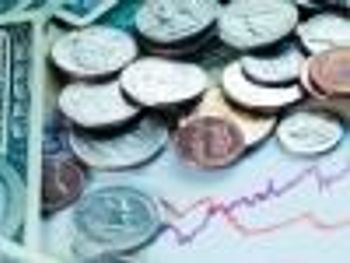
Around the world, politicians have created enormous public-sector benefits without requiring citizens to pay for them. Why? Because this is a winning strategy at the polls, which means not much is going to change anytime soon.
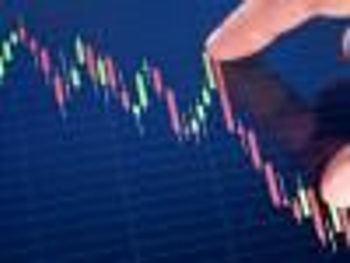
In the years ahead, we are going to see something most Americans have never experienced or imagined: national bankruptcies. Greece is at the front of the line. But there are other countries hobbling along behind.

One of the biggest points of contention in the last election was whether the rich pay their fair share of taxes. Of course, this begs the questions: Who is "rich" and what is "fair"? And how do you become rich if you aren't already?

The market may do surprisingly well next year despite underwhelming forecasts. Why? Because things are just so darn bleak and bull markets thrive in such an atmosphere.
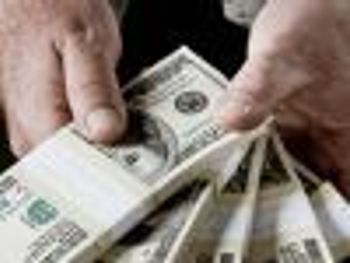
This is the time of year for making New Year's resolutions. And I have four that are guaranteed to make your portfolio bigger, fatter and wider a year from now.

At first glance, penny stocks seem to make sense. After all, it's easier for a 50-cent stock to go to a dollar than for a $50 stock to go to $100, right?

Dividend stocks alone won't generate a mouth-watering return. But dividends will rise over time - and surprising things happen when you reinvest them.
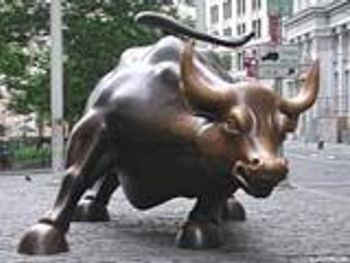
Election, market volatility and more trouble in the Middle East might have you down, but here are 10 good reasons this bull market can continue well into 2013 and beyond.

You don't need to take huge risks or boast a Mensa-like IQ to succeed at investing. All you need is a sensible, battle-tested investment system and the emotional fortitude to see it through. Just ask Warren Buffett.
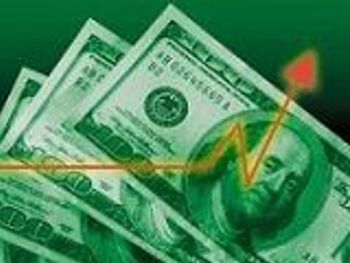
Despite what your tax advisor may tell you, you should never sell an investment for tax reasons alone. Offsetting gains at the end of the year is often a sensible move, but there's the risk of the "January effect."

Why don't the vast majority of investors understand that we're in the midst of a rip-snorting bull market? Instead of participating in this rally, they are content to sit back and lick their wounds from the financial crisis.
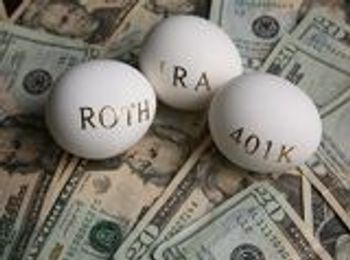
There have been many popular rules of thumb about how much one would need to live comfortably during retirement. A new guideline gives you a better approximation of how much you should have saved at certain points in your life. This new guideline will help keep you on track.

This election it's not just the candidates getting tarred and feathered by political bombast, heavy-handed rhetoric and over-the-top political ads. It's the free-enterprise system itself - a troubling development that has serious implications for our economic future and your investment portfolio.

Many investors lump money market funds in with Treasury bills and certificates of deposit. Don't be one of them. Money market funds are not backed by the full faith and credit of the U.S. government.

The best companies to invest in are ones that have protections - such as patents, brand names and regulatory complexities - in place against competitors. Businesses without these protective moats are vulnerable.

Few seem to recognize the many positives that exist in our economy right now, one of which is that U.S. home prices are at or near a bottom, according to S&P/Case-Shiller.

We've all heard the negatives about the economy and the stock market. But there are plenty of reasons to stay bullish on stocks. Here are seven of them.

Investment U Chief Investment Strategist, Alexander Green, gives valuable insight on investment success.

Even during market declines, dividend-paying stocks hold up better than non-dividend-paying stocks, often fighting the broad trend and rising in value.

You've probably heard that risk and return go hand in hand, that you have to take more risk to get better returns. But there are exceptions. Low volatility stocks are one of them. Historically, they have performed as well as the broad market with far less risk.

There is concern that Spain will drag the rest of Europe into recession. Don't worry. Here's why things will get sorted out.

Lately the market has been wilting like last week's roses, drooping in one session after another. Is the bull finally headed out to pasture? Don't count on it.